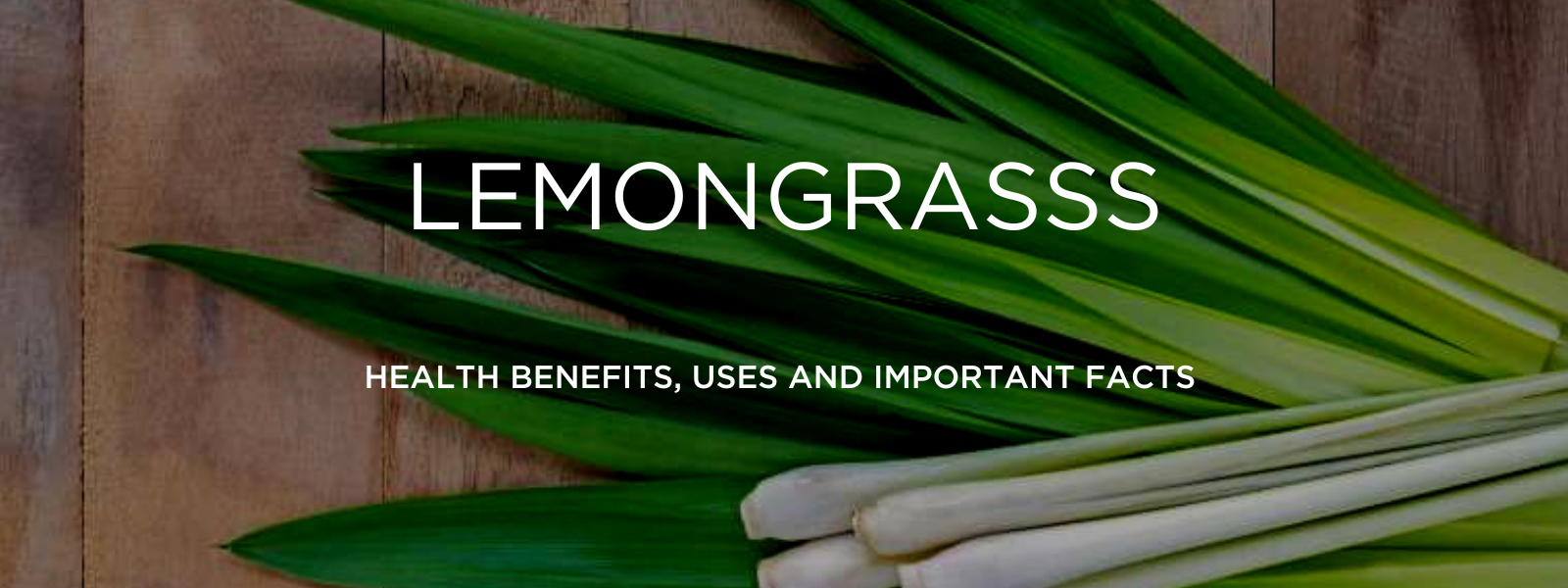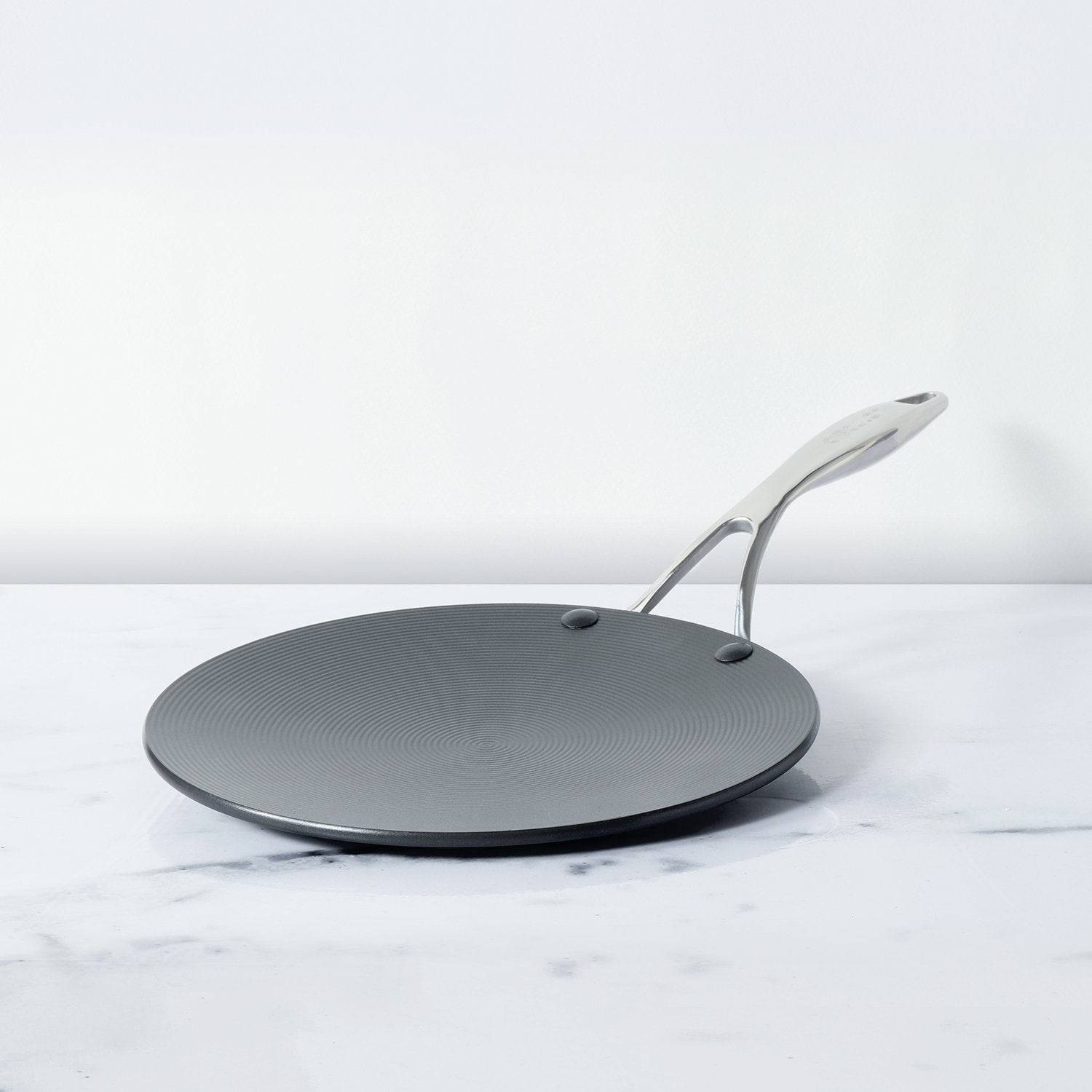Mugwort is typically viewed as an invasive weed. It can swiftly and readily spread throughout a person's garden and engulf significant portions of it. It is also connected to ragweed and can elicit an allergic response similar to that brought on by ragweed. People typically kill or remove it because of this. Hardy perennial mugwort often thrives in the more temperate regions of the Northern Hemisphere. It is indigenous to North Africa, Asia, and Europe.
With regard to this herb, there are numerous historical beliefs. For instance, people once thought that mugwort could shield them from exhaustion, sunburn, wild animals, and evil spirits. A lot of people also claim that the Romans formerly put mugwort in their sandals to soothe sore feet.
Mugwort leaves can be infused in boiling water to create a tea. In addition, some people use the herb as a tobacco substitute. It is also offered by several health stores in capsule form.
Table of Contents
Mugwort plant description:
Mugwort may reach a height of 6 feet and has flowers that are either yellowish or reddish-brown in colour. Many people find it to be an obtrusive weed, and in some places, it even qualifies as a "noxious" weed. The section typically picked for usage is the leaf, which has a bitter flavour with notes of mint and sage.
Are mugwort and wormwood the same?
Despite sharing many of the same chemical constituents as wormwood, mugwort isn't as bitter or potent, hence it's not as widely used as a parasite or insect repellent.
Mugwort, on the other hand, is prized for its benefits to women's health and digestion. It has been used for a very long time, especially in spiritual ceremonies and traditional Chinese and Native American medicine. Mugwort was prized by both the Greeks and the Romans, and it was still used to some extent in Europe.
In addition to its medicinal uses, mugwort was also employed to induce lucid dreams, fend off evil spirits, and manufacture a particular style of beer (thus the name "mug" wort).
Other names for it include chrysanthemum weed, cronewort, common wormwood, felon herb, and Artemis plant.
Health benefits of Mugwort:
- Aids in digestion:
As a digestive aid, mugwort is one of its most popular uses.
It has choleretic qualities, which implies that it promotes bile secretion and liver function, thanks to the bitter substances in the leaves. Bile helps you digest food—especially fats—better and increases the amount of nutrients your body can absorb.
Additionally, mugwort has been used to improve constipation, indigestion, and travel sickness as well as to increase appetite.
- Stimulates Menstruation
Mugwort is also commonly used as an emmenagogue. The menstrual flow is stimulated or increased by emmenagogues. For people with a skipped or delayed menstrual cycle, they are most frequently used in herbal medicine.
Mugwort primarily affects the pelvic area by promoting circulation there. This contributes to a healthy cycle and has the extra benefit of easing period cramps.
- Calms Nerves
Mugwort's calming effects are one of its most well-known advantages. It is advantageous for getting better sleep at night because it has been utilised as a nervine to relax the nervous system and lessen tension.
For this purpose, you can make it into a tea or even sleep with the leaves under your pillow to relieve stress. A few small studies have suggested that mugwort may be useful for treating pain, particularly arthritis pain.
- Reduces Symptoms of Menopause
Mugwort has been utilised for women's health at all phases of life. Its popular name, "cronewort," indicates that it was thought to be beneficial for both older and younger women. Mugwort in particular might be a natural treatment for menopause symptoms.











Leave a comment